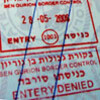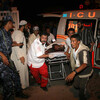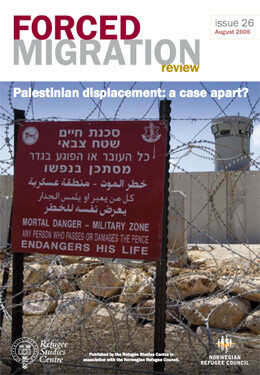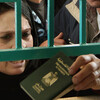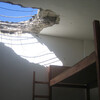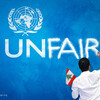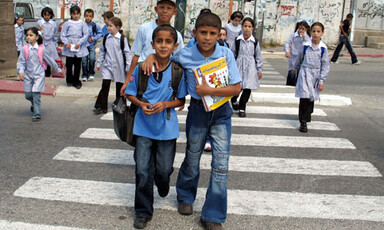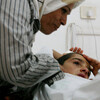
Letter to the Organizers of the 10th International Architecture Exhibition at the Venice Biennale
3 September 2006
We the undersigned groups and organizations request that the Venice Biennale cancel the country exhibition of Israel entitled “LIFE SAVER - Typology of Commemoration in Israel - Architecture and Society” for the following reasons: The Israeli participation is supported by the Israeli state, a state that continues against all International laws and UN resolutions to occupy the West Bank and Gaza Strip; to deny the right of return for Palestinian refugees; and to wage a daily war against Palestinian children, men and women, their homes and livelihoods. Read more about Letter to the Organizers of the 10th International Architecture Exhibition at the Venice Biennale
